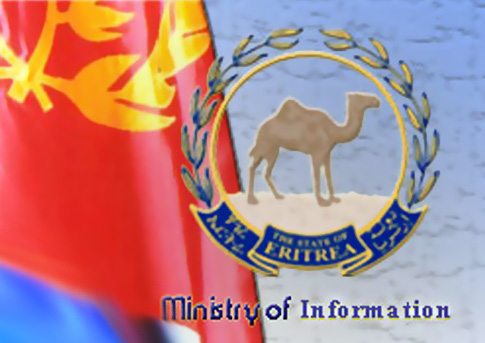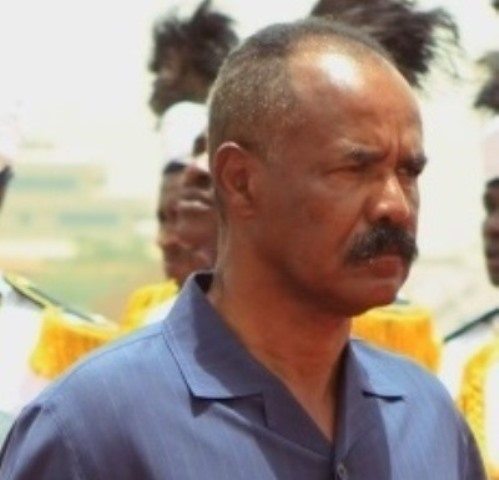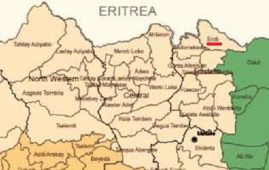(Jan. 27, 2012 – A Week in the Horn of Africa)
On Monday this week the International Criminal Court at The Hague accepted Prosecutor Luis Moreno-Ocampo request to confirm charges against four Kenyan suspects accused of orchestrating and directing crimes against humanity during the post election violence in Kenya in December 2007 and January 2008. Those identified in the ruling were Deputy Prime Minister and Finance Minister, Uhuru Kenyatta, son of Kenya’s independence leader, Jomo Kenyatta; Former Cabinet Minister and MP William Ruto, radio broadcaster Joshua Arap Sang, and the Head of the Civil Service and Cabinet Secretary, Francis Muthaura. Charges against two other men, former Police Chief, Mohammed Hussein Ali, and former Minister for Industrialization, Henry Kosgey, were dropped because of insufficient evidence. Among the charges leveled against the six suspects were: crimes against humanity including murder, deportation, causing forcible injury, rape and persecution based on political affiliation. During the violence more than 1,200 people were killed and some 600,000 people were forced to flee their homes.
In a ruling read by Judge Ekaterina Trendafilova of the Pre-Trial Chamber II, the court said the three person Chamber by a majority vote had decided to confirm charges against four of six suspects. Judge Trendafilova added that the Prosecutor had established “substantial grounds” to believe “crimes against humanity” were committed, and said the Chamber also found that the crimes committed were “targeted to specific groups”. She also pointed out that Judge Hans- Peter Kaul gave a “dissenting opinion” arguing that the crimes were “common crimes that could be handled by the Kenyan law.”
Judge Trendafilova stressed that the decisions did not mean guilty verdicts against the suspects, only that there was sufficient evidence to send them to trial."We are not passing judgment on the guilt or innocence of the individuals," she said. The confirmation of charges is a long way from proving them beyond a reasonable doubt. No date has been set for the trials. Under ICC rules, the accused can challenge the judges’ decision on the court’s jurisdiction over the cases. They can also apply to the pre-trial chamber to allow them to appeal the confirmation decision. If the accused do appeal, it may be months before the trials begin. All four of the accused deny any role in the post-election violence of 2007-2008 and said they would appeal against the decision.
Mr. Kenyatta and Mr. Ruto have both stated they intend to run for President in the next presidential election which is due to be held before the end of March next year, though there have been reports that President Kibaki wishes the election to be held by the end of this year. It is not clear if the laws of Kenya will allow the two accused to stand. Kenya’s new constitution, agreed in August 2010, says holders of public office should be beyond reproach as far as ethics are concerned. Human rights groups are said to be planning to go to court to get a legal interpretation on whether this includes those accused and facing trial rather than those convicted. Kenya’s Attorney General Githu Muigai said the suspects were appearing in their “individual capacity” and the government cannot speak on their behalf on what to do and what not to do. President Mwai Kibaki said subsequently he had directed Attorney General Githu Muigai to form a legal team to study the ruling and advise the government on the next steps to take. The Attorney-General said the Kenyan government would make a decision later on whether the Deputy Prime Minister and Mr. Muthaura should resign under these circumstances.
Mr. Kenyatta wrote in his Facebook page that “my conscience is clear, has been clear and will always remain clear that I am innocent of all the accusations that have been leveled against me." Last week, Mr. Kenyatta made it clear he intended to pursue his political ambitions irrespective of whether the International Criminal Court trial went ahead. Mr. Ruto said that his legal team would be analyzing the judges’ decision before determining the next steps to take but he added “Let me state, and categorically so, that these allegations against me have been, are and will forever be strange to me…..I am clear in my mind that it doesn’t matter how long it takes, the truth will prevail…the devil will be put to shame.” He re-affirmed that he still planed to run for president: “I am firmly still in the presidential race, the charges confirmed against me will not affect it.”
President Kibaki appealed for people to stay calm after the news. He said in a statement that under the provisions of the new constitution, the country’s judiciary was undergoing radical transformation, the police were facing fundamental reform, and the country now had an independent prosecutor. “It is now the collective responsibility of all those institutions to ensure justice for all, at all times. In the meantime I appeal to everyone to remain calm and peaceful,” the President said. President Kibaki added that it was his “personal commitment to bequeath present and future generations a secure, united, prosperous, and peaceful country.”
In the aftermath of the violence in 2007-2008, a government-appointed commission released a report calling for the establishment of an independent tribunal. The Kenyan Parliament approved the report, but it proved impossible to establish a viable local mechanism to investigate the accountability of those allegedly responsible. As a result, the ICC began investigating the highest-profile cases in mid-2009 and the ICC prosecutor issued indictments in December 2010. This, however, had a significant impact at a critical time as Kenya was preparing to return to the ballot box for nationwide presidential and parliamentary polls, to take place before March 2013.
The government has therefore been lobbying for the cases to be dropped, a position endorsed last year by the African Union. The African Union said the ICC cases on Kenya resulted from an AU-appointed and mediated process through which former UN Secretary-General, Kofi Annan, achieved a power-sharing agreement in April 2008. The African Union would therefore support the request to the ICC by Kenya to drop or defer the cases. In November last year, IGAD under the chairmanship of Prime Minster Meles also endorsed the AU’s position over Kenya’s request for an ICC deferral. The Prime Minister stressed that Ethiopia would not hesitate to support the position presented by Kenya, not only because Ethiopia must always come to the aid of its neighbor, but also because it believed that the deferral course that Kenya requested would be the best “under the circumstances”. ”. Kenya’s request to the ICC has also been bilaterally supported by a number of other African countries .
*************
Check the Kenya archive for previous and forthcoming posts.





